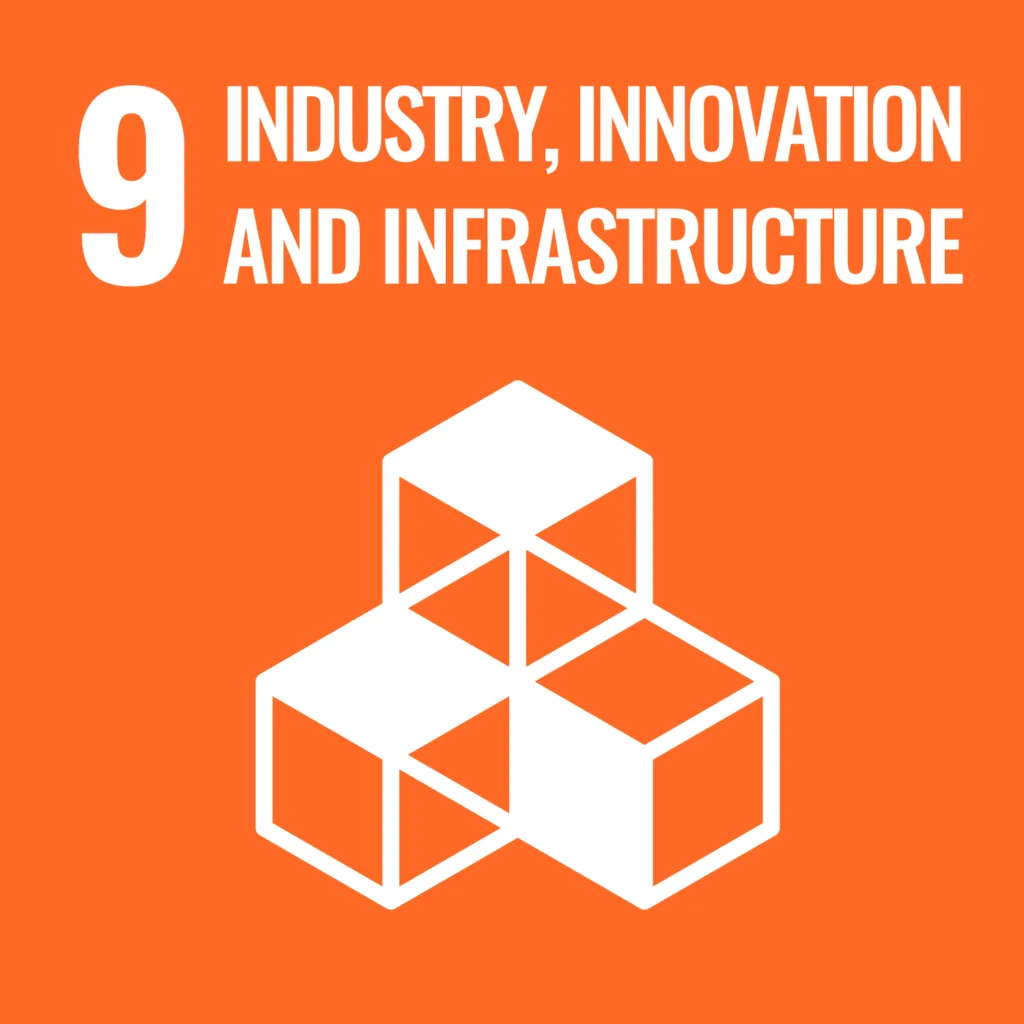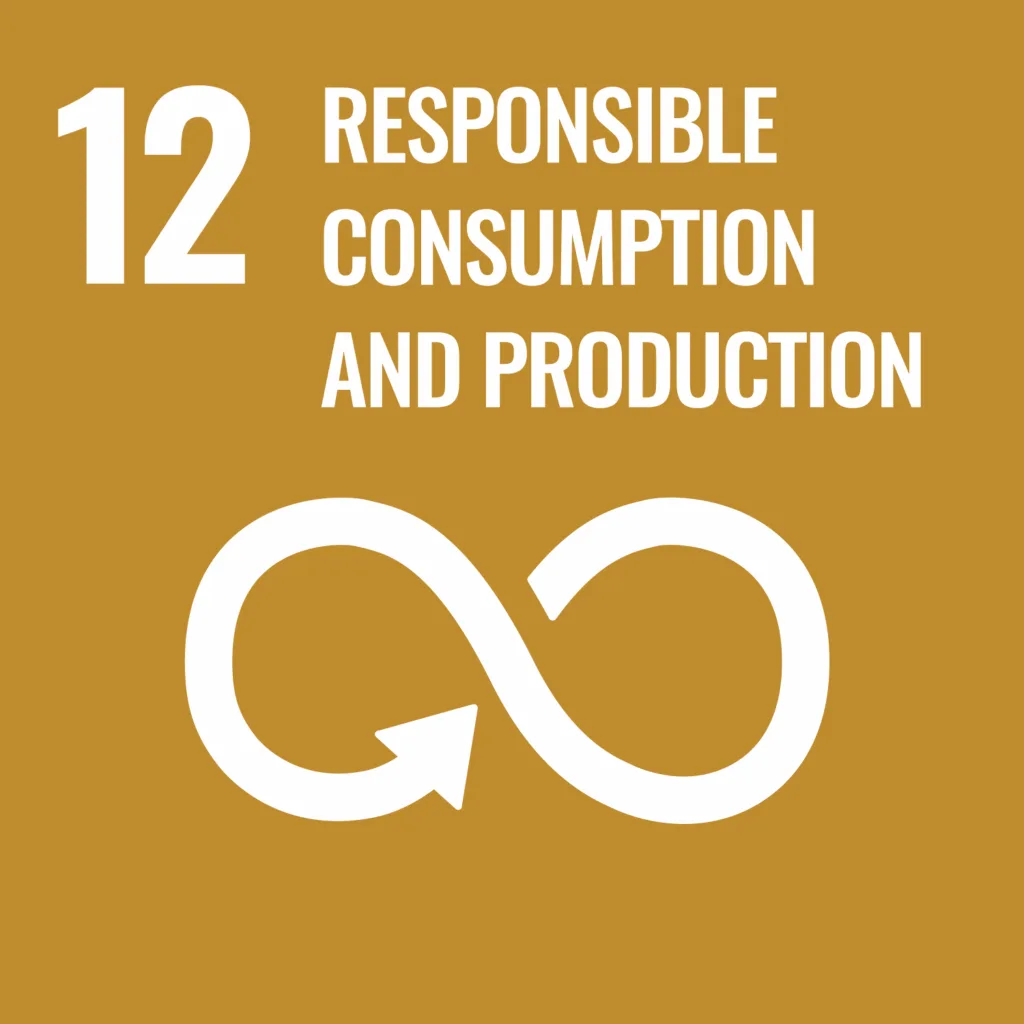Soap and surfactants have long played a vital role in household cleaning and personal care. Now, scientific innovation is taking a leap forward with bio-based surfactants, offering a powerful and eco-friendly alternative to traditional ingredients. One of the most promising advancements in this field is rhamnolipids, naturally produced by bacteria through the fermentation of plant-based sugars. These bio-based surfactants are paving the way for a new era of sustainable cleaning.

Normally, bacteria produce only microscopic amounts of these compounds. However, through cutting-edge research combining bioengineering, process optimisation, and chemistry, scientists have developed a strain of bacteria capable of producing rhamnolipids on an industrial scale. These bio-based surfactants are biodegradable, renewable, and gentle on the skin, making them ideal for personal care and household cleaning products.
Performance meets sustainability
One of the key advantages of rhamnolipids is their biodegradability. Unlike conventional surfactants, which may persist in the environment, bio-surfactants break down easily in wastewater treatment plants. In regions where such facilities are limited, they degrade more rapidly in nature, reducing pollution risks.
Additionally, in areas where handwashing dishes is more common than using dishwashers, such as in many parts of Asia and Latin America, these bio-based detergents offer a more sustainable cleaning solution.
By harnessing the power of biotechnology, researchers and companies are shaping a cleaner, more sustainable future, reducing reliance on fossil-based chemicals while maintaining high-performance cleaning solutions. Companies like Evonik and Unilever are at the forefront of this initiative, integrating rhamnolipids into their product lines to create eco-friendly and skin-friendly cleaning solutions.














